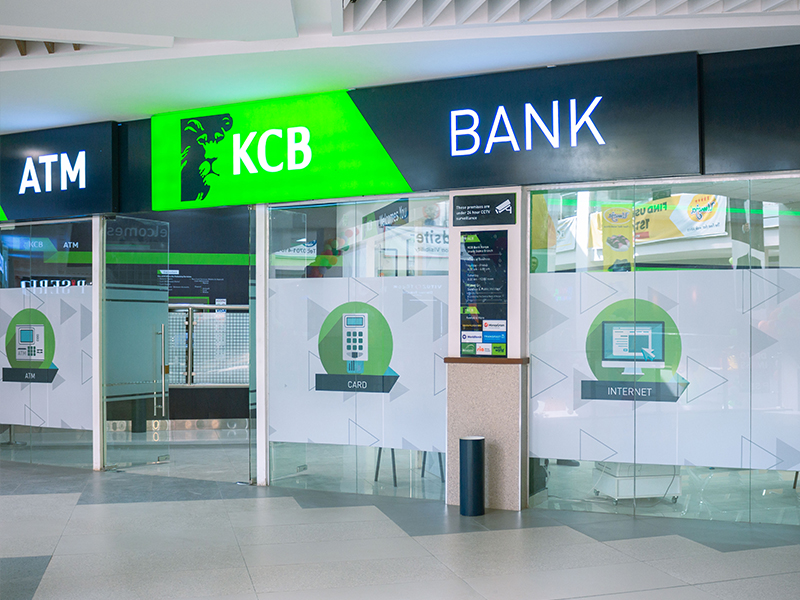For years Kenyans have watched powerful banks operate with little concern for the pain they cause to ordinary people. One name that comes up again and again is Kenya Commercial Bank, a financial giant that has been linked to scandals, accusations of abuse, and a justice system that seems more willing to protect its interests than the rights of citizens.
The story of Captain Kung’u Muigai is only one among many, but it captures the depth of the problem. His case against KCB has dragged on for more than three decades, and instead of justice, he says what he found was a system bent on shielding the bank and crushing him.
The case started in the late 1980s when a loan issued by KCB to Benjoh Amalgamated Ltd and secured through Muiri Coffee Estate became the source of a never-ending legal war.
Captain Muigai has consistently argued that the bank manipulated the process, undervalued property, and benefited from decisions delivered by judges who he believes were compromised.
He has spoken openly about judges taking bribes, accusing the judiciary of becoming a conveyor belt for the bank’s interests.
The judiciary has denied these claims, saying no credible evidence has been presented, but to ordinary Kenyans watching from outside, the optics alone raise questions about fairness.
This is not the first time KCB has faced such concerns. In 2020, the bank was among five financial institutions fined by the Office of the Director of Public Prosecutions for failing to report suspicious transactions under anti-money laundering laws.

Kungu Muigai. Photo Courtesy (File)
These transactions were tied to the infamous National Youth Service scandal, one of the largest thefts of public money in Kenya’s history.
The fine amounted to millions, and while it was presented as a penalty, many wondered how much more might have gone undetected. For a bank that constantly markets itself as a trusted financial partner, such lapses show disregard for the public.
Beyond Kenya’s borders, KCB has been dragged into scandals in Uganda, where Tirupati Development Ltd accused the bank of breaching financial duties and allowing suspicious transactions.
There have also been reports linking KCB to questionable dealings in South Sudan, where it allegedly handled funds for military officials whose earnings did not match the millions that passed through their accounts.
These cases paint a picture of a bank that has repeatedly been mentioned in connection with weak oversight and possible misconduct.
When you combine this history with Captain Muigai’s accusations, the result is a pattern of mistrust. KCB continues to post super profits every year, but its record shows that profit has often come at the expense of accountability.
Ordinary Kenyans see a bank that appears untouchable, one that can sweep scandals under the rug while customers suffer. This is not just about one man’s case or one set of fines, it is about a culture of impunity in a financial institution that should be safeguarding people’s money.



